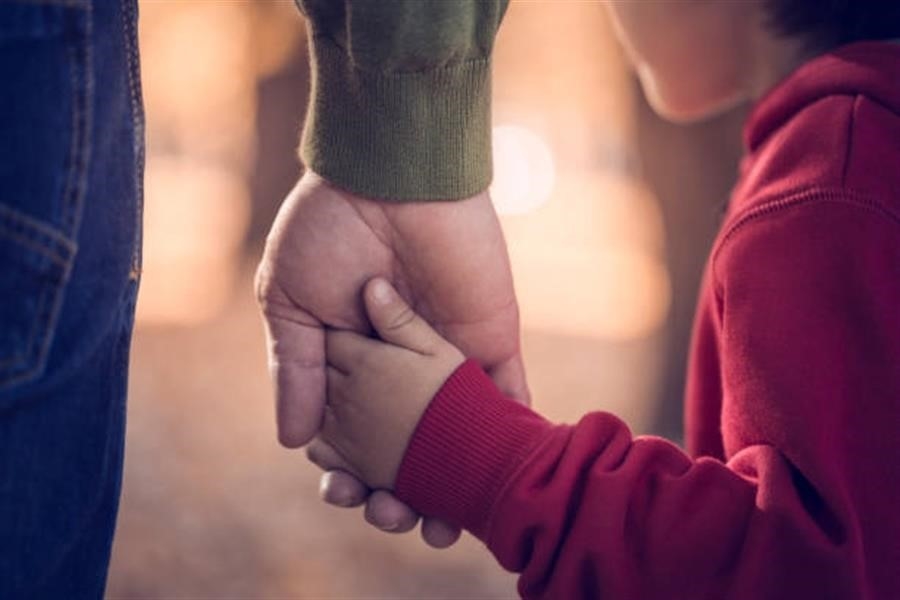Even if police, advocates, courts, and counselors all fall into place at the right time, they can’t replace the power of friends and family members in helping victims get free of violence. At the same time, when someone close to you is caught in the trauma of violence the situation can often be as overwhelming to you as to the victim. With a little guidance, though, any one can give quality help. That’s why we’re providing some useful tips to help you help your friend.
If you don’t need this right now please pass it on to someone who does or pass it on to someone you know who likely comes in frequent contact with victims, such as a teacher, health worker, law enforcement official, minister, or counselor.
General
- Do Get Involved ! Though leaving a violent situation may appear simple from the outside, victims of violence against women and children are almost always trapped in the abuse by multiple obstacles and they need your help very much.
- Talk with the Victim in a Safe and Comfortable Place. Ask questions. Listen carefully and empathetically. Try as well as you can to understand the mesh of obstacles that keeps her from getting free. It’s usually very complex. You can use the guide Tips for Talking with a Friend to help yourself and the victim figure out her most pressing needs and form a strategy for getting help.
- Make Phone Calls for the Victim. It’s extremely difficult for persons traumatized by violence to make the round of phone calls needed to get good information and find the right people to meet her needs. Victims are quickly thrown back into despair when they encounter an unfriendly or unhelpful response. One of the nicest and most helpful things you can do is make that initial round of calls for her or with her.
- Help Your Friend Start and Keep a Notebook. A notebook is crucial to keep the barrage of names, titles, appointments, specialized terms, case numbers, etc. from becoming an additional anxiety. Putting it all down in one notebook gives a victim control.
- Accompany Your Friend to Police, Courts, Social Workers and Counselors. Or help her find someone who can accompany her. There are many reasons this is so important. See Through the Criminal Justice System.. When accompanying your friend, ask questions, take notes, and don’t hesitate to speak up if she’s not getting the help she needs.
- Be Clear with Your Friend about What You Can and Can’t Do. You simply can’t do it all. Help her find others who can help.
You don’t always have to say the “Right Things.” Seeing the intensity of trauma in violence against women can be very upsetting. Don’t feel you always have to be saying “right things.”. Calmness, your presence, and a few kind words work wonders!
Tips for Talking with a Friend about Rape Domestic Violence, and Child Abuse
The following tips are provided to help you and your friend evaluate her situation and to guide you both in determining the kind of help she needs. These tips don’t replace the importance of your empathy, encouragement, and common sense. Also, remember to remind your friend often that all final decisions about what to do and who to tell are her decisions and hers alone.
- Safety, Threats, and Fears: What are the victim’s specific fears about violence, children, immigration, retaliation, police, housing, money, others finding out, press, etc. What specific threats have been made? Treat all fears and threats very seriously! Is there immediate danger? Has she gone to police? (See law enforcement below). Why not? Are needed restraining orders in place? What questions does she have regarding going to police and getting restraining orders? Does she need a translator? Who can accompany her to police?
- Significant Others: What is the perpetrator’s relationship to the victim? Is he in jail? How much is bail? You can find out 24 hours a day.
- What other persons in her life know about her situation? Are they willing to be helpful? Or are they hostile to the victim? Can they be educated? Are any significant relationships crumbling under the stress of the crime? Explore with her at length who else in her life might be helpful? (Neighbors? Coworkers? Family? Teachers? Church members?) Would she like someone to talk with them? Encourage your friend to reach out to others for help! Or to let you to reach out for her. Remind her she doesn’t have to tell them everything in order to ask for help with such things as an afternoon of childcare, transport, translations, and more.
- Children: Are the stability and safety of children threatened in any way? What can be done? Can teachers help? Are there custody or other family law needs? Is childcare stable? Who can do extra childcare if needed?
- Housing: Is your friend’s housing safe and secure for tonight? For this week? For the month? Can the landlord be talked to? Does she need emergency housing funds? Does she need the perpetrator removed from the house by police or courts? Do everything you can to keep your friend from losing her housing! A shelter should only be a remedy of last resort. What is the status of food, heat, telephone, transport, etc.?
- Law Enforcement: Does the victim fear going to police? Does she fear continuing with an existing criminal case? What information or help does she need? Does the victim know the status of her criminal case? Does she know the names of police, prosecutors, and advocates on her case? Names of charges? Does she know what’s next in the criminal case? Has she been informed of her rights in the criminal case? Every victim should have the answers to these questions. Call advocates or police. Is the criminal case proceeding well in terms of her relationship to police and prosecutors? Has anything important been left out of the investigation? Does she feel that translations have been adequate? Who would she like to accompany her to the next step?
- Job, Income, School: How much money does your friend need today? This week? This month? Who can loan her money? Does her work/school environment know about the situation? Is it supportive or hostile? How can loss of job, income, or school be prevented? Who can be talked to?
- Medical: Are your friend’s medical needs being cared for? In the case of rape, is she concerned about pregnancy? Sexually transmitted diseases? Does she want to get counseling? (Most all victims who have made a police report are eligible for Victim Assistance Funds). Have all relevant medical records been given to police?
- Immigration: Is your friend’s immigration status threatened in any way? Does she know that as a domestic violence victim she doesn’t need her husband to petition for residency?
- What’s Next? Does your friend have a good idea about what she wants to do next? Or is she confused and frightened? In what way does she most want or need your help? Be clear about what you can and can’t do, and about when and how you’ll get back to her. Remember, you can make the difference!
Copyright © Marie De Santis, Women’s Justice Center,
www.justicewomen.com



